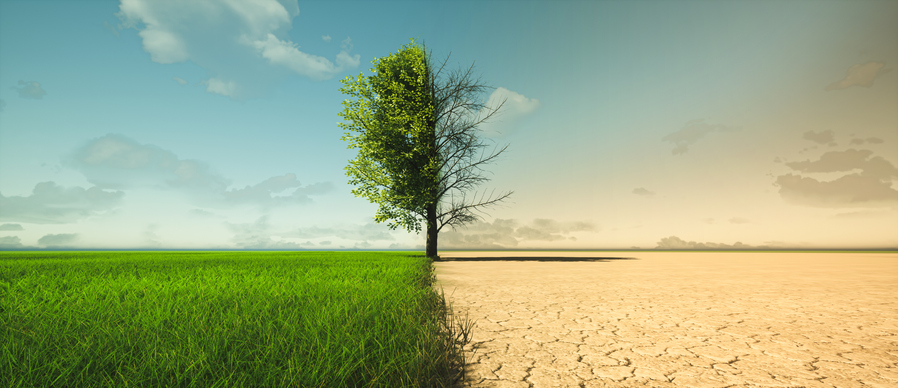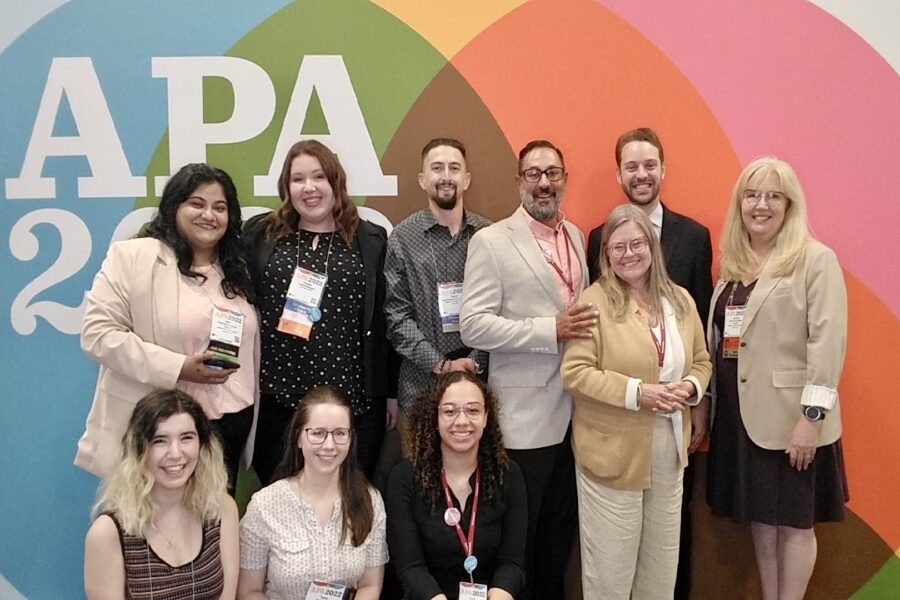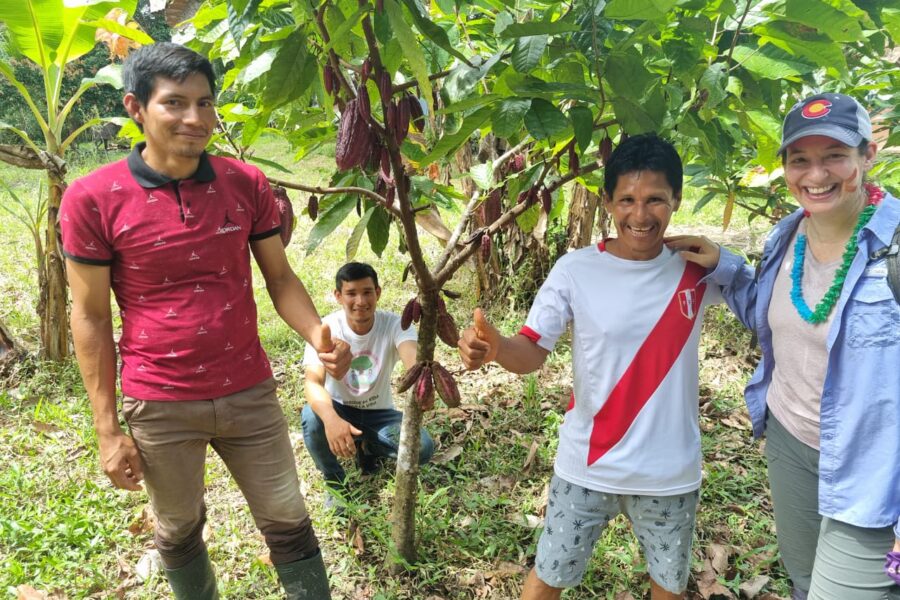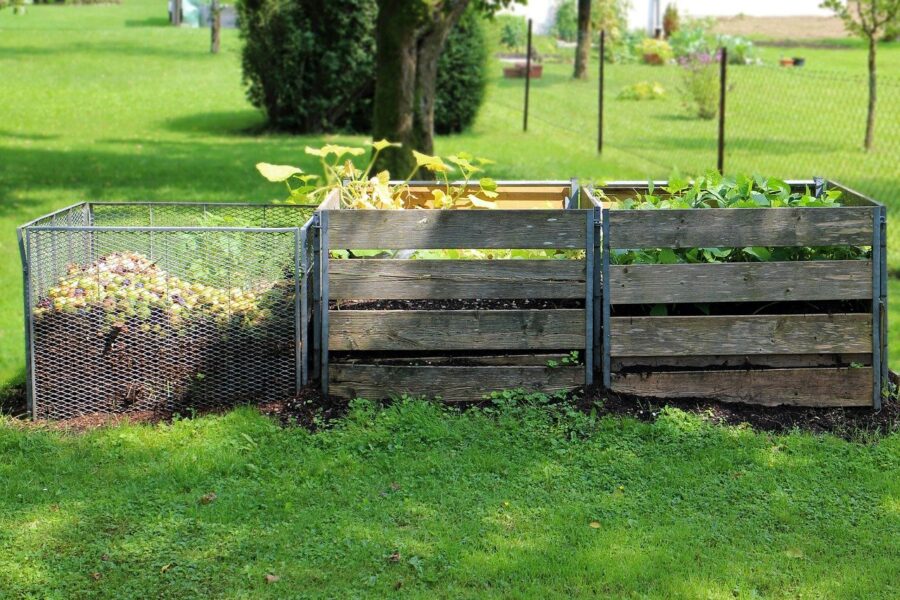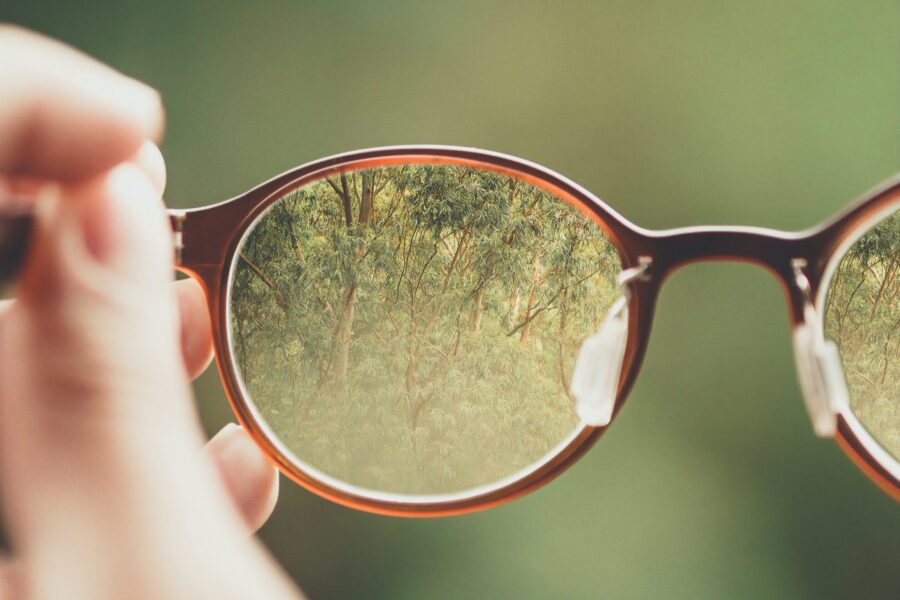This webinar hosted by Antioch University’s Conservation Psychology Institute presents the findings of the 2020 AZA Baseline Study on “Conservation Culture” and how shaping Organizational Culture can drive success.
The Conservation Psychology Institute conducted an in-depth interview with durable behavior change expert Raymond De Young, PhD. Dr. De Young discussed his work on the “energy descent” premise, enhancing neighborhood resilience & the new A2Zero climate action plan in Michigan. We explored the unique strategies he suggests to encourage long-term behavior change.
Additional Resources
About the Presenter:

Dr. Raymond De Young is an Associate Professor of Environmental Psychology and Planning at the School for Environment and Sustainability at the University of Michigan. His research focuses on the process of re-localization, behavior change, and stewardship motivation.
Certificate in Conservation Psychology

Understand the perceptions and challenges facing conservation.
At Antioch University New England we offer a variety of programs in Environmental Studies and Sustainability.
In our Certificate in Conservation Psychology, you can prepare yourself to be a part of the solution. Do you want to understand how to promote conservation in your community? Do you feel compelled to change human behavior for the greater good? Conservation Psychology is an emerging field that promotes a scientific approach to understanding the relationships of human beings with one another and the world with the aim of enhancing conservation.
Through coursework, this certificate introduces students and practitioners to conservation psychology approaches and tools; builds current knowledge and skills in the areas of conservation biology or climate and environmental science research; and offers a range of opportunities.
This certificate is ideal for people whose environmental and conservation science work requires additional skills to engage with the public; for environmental education and advocacy practitioners who want to enhance their programs; and as an introduction to social research.

